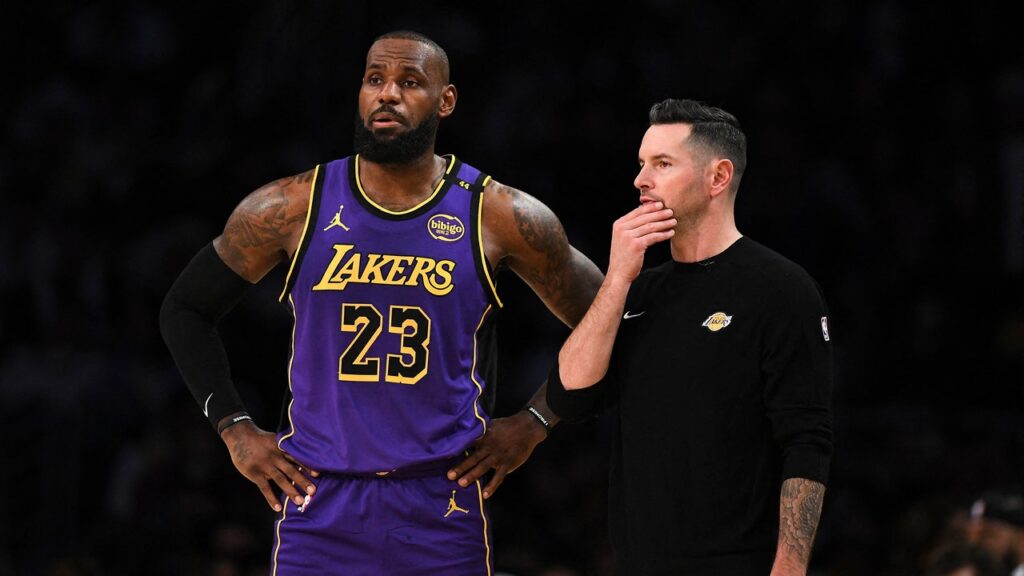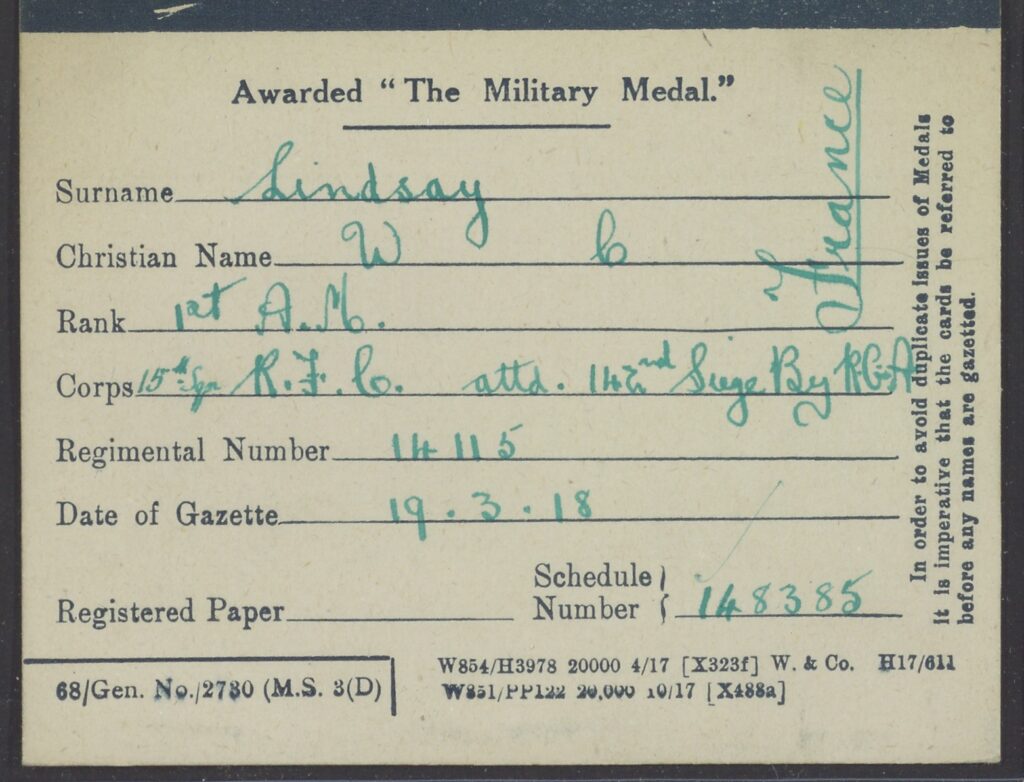On Thursday, J. J. Redick, the coach of the Los Angeles Lakers, was asked about the N.B.A.’s decline in ratings, a topic that has led to hand-wringing in basketball circles. Ratings of N.B.A. games on ESPN were down twenty-eight per cent compared with last year, and nineteen per cent on all networks, in November—just months after the league and several networks signed a seventy-six-billion-dollar rights deal. Was the rise of streaming to blame? Were the game’s stars not trying hard enough, or trying so hard that they were constantly injured? Was the league too woke, or was it becoming too European? Were games too available? Were teams shooting too many threes? There were a lot of “whys,” Redick acknowledged, but he believed that the game was in good shape. The athletes had never been better or more skilled. There was more diversity in style than teams got credit for. The real problem was that everyone said the N.B.A. had a problem, he went on. “I don’t think we . . . have done a good job of storytelling, of celebrating the game,” Redick said. “If I’m a casual fan and you tell me every time I turn on the television that the product sucks, well, I’m not going to watch the product.” It was an issue that existed mostly on social media, he added: “Everyone in our ecosystem pays too much attention to what is said on Twitter.”
It wasn’t the first time that Redick had criticized basketball’s “ecosystem.” Last February, Redick, who was, at the time, a basketball analyst, went on ESPN’s talk show “First Take,” and started ranting about the Milwaukee Bucks’ new coach, Doc Rivers, who had criticized his players after a bad start. “There’s never accountability with that guy,” Redick yelled. (He had played under Rivers for four seasons on the Los Angeles Clippers.) It was a classic “First Take” take—unhinged, very personal, a little bit true—and it went viral, as it was surely intended to do. (“First Take” has the same relationship to storytelling that Skittles do to food.) Then the next day, in a truly élite maneuver of takesmanship, Redick went back on the show and criticized people for caring more about feuds than about the finer points of a pick-and-roll. “I can do a video on my podcast where I break down the last nine games the Pelicans have used Zion Williamson as the primary ball handler. . . . Fifty-four thousand views on YouTube,” he said. But when he calls out a coach? “That gets tens of millions of engagements. That’s the ecosystem we live in. So do fans actually want to be educated or not?” That clip went viral, too.
I’m still not quite understanding what Redick means by the N.B.A.’s “ecosystem”—he defined it as “the national partners,” but he also seemed to indict journalists, fans, social-media users, and halftime-show hosts. He did say he included himself. Redick spent fifteen seasons as a player in the league before becoming a wildly successful podcast host, game commentator, and take artist. A few weeks after his comments about educating fans, he launched a podcast with LeBron James, called “Mind the Game,” which was intended to teach audiences about the more technical aspects of basketball, along with what James has referred to as the “true essence of the game.” (The podcast covered everything from the meaning of greatness to the definition of a “short roll.”) A few weeks after the ninth episode aired, Redick was named the Los Angeles Lakers’ new head coach.
Redick’s prior coaching experience was limited to running the fourth-grade boys’ team at the Brooklyn Basketball Academy as a volunteer, and the Lakers’ coaching search was hilariously shambolic, but still no one was surprised when Redick was announced. He is smart. He has the respect of James, the Lakers’ most important player. And he clearly likes attention, which matters to the Lakers, too. That is how the ecosystem, whatever it is, works.
What story can you tell about the Los Angeles Lakers? They are one of the league’s marquee franchises, but not the most valuable team even in their own state. They are among the most celebrated teams, but also, lately, among the most embarrassing. Redick is the Lakers’ fourth coach in six seasons.
It’s hard to know how to characterize the Lakers, which is part of what makes them such a good subject to argue about. The team won a championship in 2020, then lost in the first round of the playoffs the following year, and failed to make the playoffs at all in 2022. During the 2022-23 season, the Lakers lost their first five games, but went on to make the Western Conference Finals, before losing in the first round of the playoffs the next year. The team lacks chemistry, cohesion, and a competitive spirit, except when they won the much-touted in-season tournament last season, the inaugural N.B.A. Cup. James, who turns forty on December 30th, is showing his age, except during the Olympics, in August, when he was Team U.S.A.’s most important player on offense and on defense, and won the tournament’s M.V.P. award. James can’t do it alone, except that Team U.S.A.’s most consistent player on the defensive end was the Lakers center Anthony Davis.
The Lakers started this season with a 10–4 record. James was averaging close to a triple-double, and the basketball world was wowed by Redick’s more modern offense and slick sets. After that, the team entered a skid in which they lost seven of nine games, two of which were lost by a combined seventy points. So much for that modernized offense. The Lakers ranked near the bottom of the league in three-point attempts. Their defense was slow and overmatched, disorganized in transition, destroyed on the boards, and hemorrhaging second-chance points. As for James’s remarkable season, at the age of thirty-nine? His plus-minus, a measure of how well the team performed with him on the court versus off, put him among the very worst players in the league. The Lakers were a much better team when he was on the bench. But the whole team looked unmotivated and badly coached. After a particularly stunning loss, Redick, for once, was almost at a loss for words. “I’m embarrassed,” he said. “We’re all embarrassed.”
The postmortems were written, a quarter of the way into the season. I considered writing one myself. Then the team had a few rest days, and James took two games off. He tended to an injured foot, his aging body, and his mind. Since his return, he’s been playing with extra intensity, dunking the ball, chasing down blocks. The team emphasized communication on the court. And, all of a sudden, that putrid defense was posting ratings among the league’s best. The team has won four of the past five games.
Why do people watch basketball? Some watch because they like to argue about it. Some people like the strategic components of the game for the promise of probability and logic, the revelation of some inescapable truth. Some people like to feel smart. Other people recoil from analytics; they want to see what they see, not whatever the numbers tell them to think. Some people form parasocial relationships with athletes, in the same way they’re drawn to any celebrity—they’re there for the gossip. Some people are drawn to the sight of bodies in motion. And some people, or a lot of people, are caught up in the drama of competition. They want to know what happens next, and who will win.
But it helps if what happens next seems connected to what came before. The major story line at the start of the season was the début of Bronny James, LeBron’s son—a second-round pick, who is now playing in the G League. It was a real, and certainly emotional, story for the James family, but it seemed manufactured for everyone else. There’s no clear connection between the brief moment the father and son shared together on the court and what happens now. There is a fascinating, archetypal story playing out, though it’s not the kind of celebration of basketball that Redick called for. It involves an old legend at the close of one career, and a young, hyper-confident leader at the start of another. Hubris, the Greeks called it. ♦


